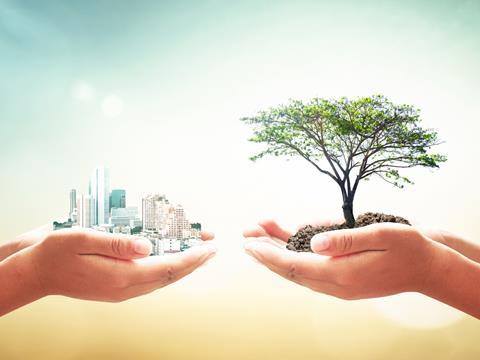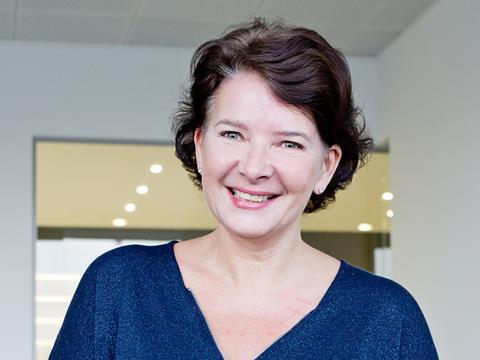
People all over the world have realised that waste is a big environmental issue and that decisions need to be taken to solve this problem. But we also need to understand the consequences of our actions: a ban on single-use plastic packaging could create social and local discrimination as we have overlooked the human side of the issue – argues Sustainable Packaging Summit keynote speaker, Jocelyne Ehret of www.therightpackaging.com.
Social discrimination
Discrimination can be based on many different characteristics and money is one of them. People below the poverty line need the best prices for their food, and packaging is needed to preserve what they buy. Not everyone is sufficiently time-rich and money-rich to have the opportunity to buy fresh food from a fancy butcher or local delicatessen several times a week. Media tell them that single-use plastic is bad and responsible for earth and ocean pollution but how do they preserve food with the necessary shelf-life at an affordable price? Don’t you think they will feel more isolated or guilty?

Disability is another component of discrimination. A ban on single-use packaging emphases this. If you are disabled and can’t use your hands, how will you feel in a restaurant drinking your soda with a straw when everybody thinks that using a straw is bad for the environment? In addition to your disability, should you also feel like the destroyer of the planet?
Local discrimination
People in some parts of the world need single-use packaging to preserve their food from contamination and thereby to protect their health. In addition, plastic packaging is one of the most important contributors to protecting food from spoiling. The FAO has reported that ‘in developing countries food waste and losses occur mainly at early stages of the food value chain and can be traced back to financial, managerial and technical constraints in harvesting techniques as well as storage and cooling facilities. [...] The packaging industry could help to reduce the amount of food loss and waste.’
Roughly one third of the food produced in the world for human consumption every year – approximately 1.3 billion tonnes – gets lost or wasted. Moreover, we know that we use our available annual global resource earlier each year and by 2050 we would need three times more resources than we currently use.
Is it right to communicate to these people that by using a single-use plastic, they contribute to pollute the planet and that they should not to use it, is it better to starve due to a lack of food?
This extensive communication generates discrimination. Single-use or plastic packaging is not the issue. We are missing the main problem and not treating the real cause. What we need to understand is why we have so much plastic waste and then implement the right solutions. We need to ask ourselves questions such as the following:
- Do we have an overabundance of food and products in different shapes and formats?
- Did we go too far in convenience?
- Do we have wrong packaging, meaning wrong use of one type of material for the requirements, creating unnecessary packaging?
- Do consumers perceive the function of the packaging?
I believe the fundamental issue is not plastic, but the mismanagement of plastic waste in combination with irresponsible individual behaviour. Unfortunately, it seems easier to ban a type of packaging than changing long-term and more complex issues. Let's be the ‘sustainable human’ and vote for a sensible use of single-use plastic packaging – and focus our efforts on effective waste management instead of a discriminating ban.
See Jocelyne Ehret speak at the Sustainable Packaging Summit from 13:00 on 23 October at Scanpack, Gothenburg. Tickets to the Summit and Sustainability Awards 2018 are free but arrive promptly to ensure you get a seat.






